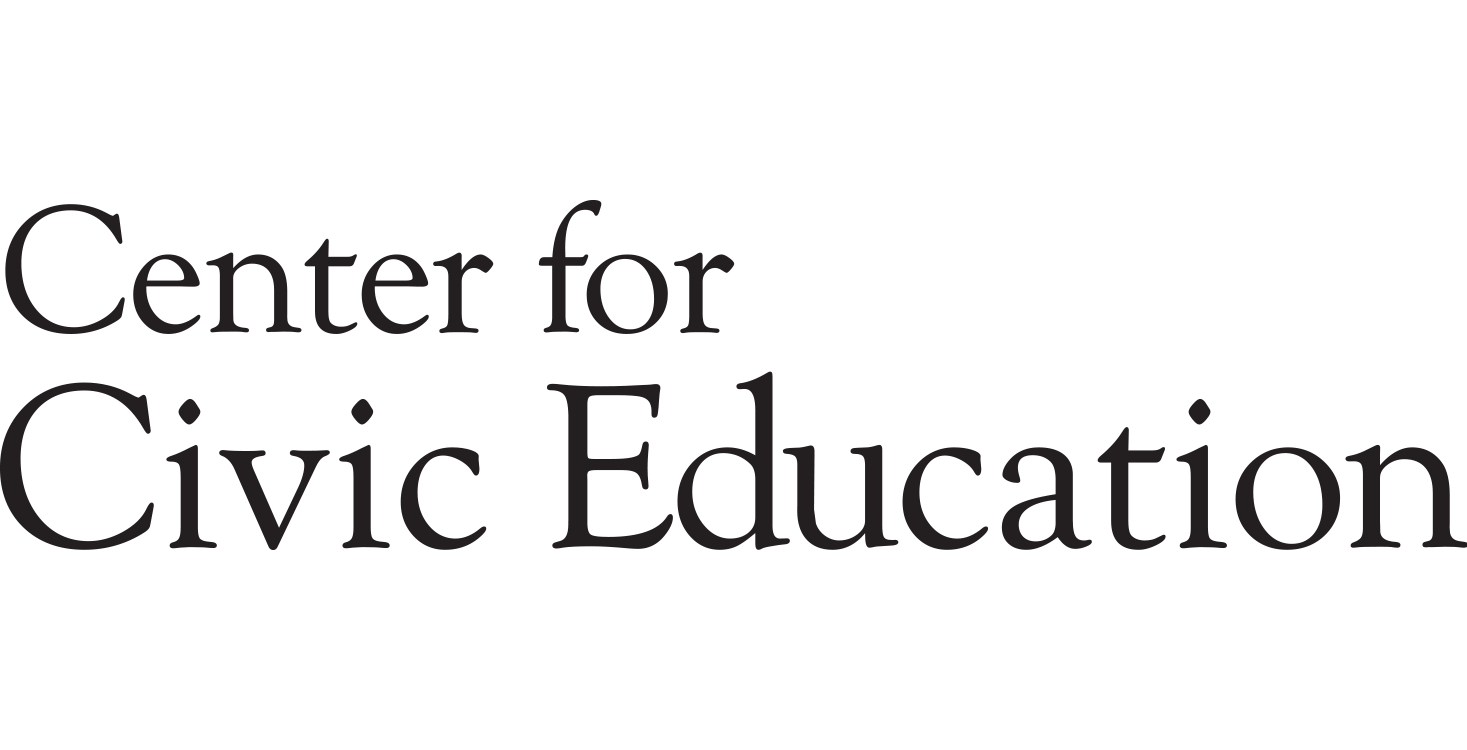

Board & Councils
For Teachers
Since its founding, our republic has relied on civil discourse to further the goals of democracy and reinforce the principles enshrined in the Constitution. More than just a right, it is every generation citizens’ responsibility to strive for a “more perfect union” by engaging with differing perspectives, democratic values, and our shared history.
Why a Civil Discourse Toolkit?Tools for civil discourse enable people to face challenging conversations and welcome divergent viewpoints. They encourage solutions that consider diverse stakeholders while still remaining rooted in our country’s history and founding principles. As Supreme Court Justice Neil Gorsuch states, “Civil discourse is the engine of American democracy.”
That is why the Center for Civic Education, with funding from Annenberg Public Policy Center and in partnership with Anne Arundel Community College (AACC) in Maryland, has created this toolkit: to promote civil discourse in lifelong, adult learners.
What Is the Civil Discourse Toolkit?The Civil Discourse: An American Legacy Toolkit expands on the Center’s extensive resources and expertise in deep civic and constitutional education. Rooted in the texts included in the American Legacy: The United States Constitution and Other Essential Documents of American Democracy, the toolkit contains everything you’d need to support learning of our country’s constitutional principles and history to lay the groundwork for engagement in civil discourse models on different topics.
Who Is the Civil Discourse Toolkit For?The Civil Discourse Toolkit is designed for adult learners. College professors, in particular, will benefit from this resource as they work to instill civic values in their students, reinforce Constitutional principles, and encourage the dispositions essential to democratic participation and civil discourse. Individual learners, looking to deepen their own knowledge, will also find many uses for the toolkit.
What Are the Discourse Models in the Toolkit?The toolkit makes use of two distinct and impactful discourse models: Paideia Seminar and Structured Academic Controversy.
Drawn from the National Paideia Center, a Paideia Seminar is a collaborative, thought-provoking dialogue about a selected text. It is facilitated with open-ended questions. The main purpose of the seminar is to arrive at a fuller understanding of ideas and values within the text, but also of ourselves and each other.
In a Structured Academic Controversy, participants are assigned a stance on a contentious issue, then work to come to a consensus. The strategy reinforces the idea that before people commit to a side, they should seek to understand the arguments of the other side. Participants are given time to present content knowledge and diverse perspectives, as well as time for clarification questions and group discussions.